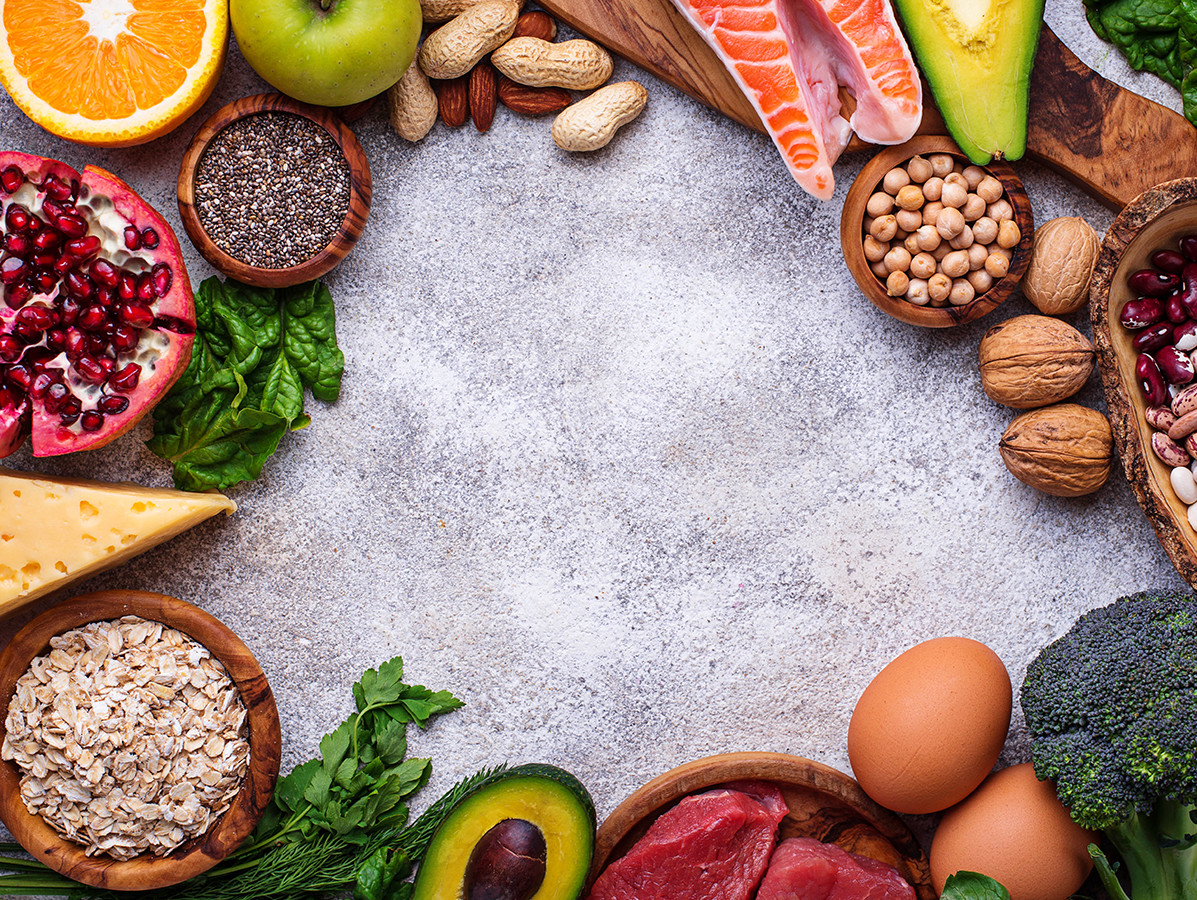
Since March 12th, society has changed enormously. Entrepreneurs have to improvise and keep a distance of one and a half meters seems to become normal. ABN AMRO expects the Dutch economy to shrink by 3.8% this year in a scenario in which the 'lockdown' lasts two months and is then phased out. The drop in demand from the hospitality sector contrasts sharply with the sharp increase in products sold through the supermarket channel. ABN AMRO expects the food sector to shrink by 4% by 2020.
The food sector is being affected in various ways: Demand in the international hotel, restaurant and catering sector continues to fall for a long time, and thousands of food service locations are unlikely to weather the crisis. In times of crisis, consumers in supermarkets will turn more often to basic products and less often to luxury and convenience, for example. Global lockdown measures determine the availability, quality and price of ingredients. Countries will place more emphasis on being able to meet their own food needs.
The impact of the coronavirus on sales and supply is considerable. Companies supplying the (international) foodservice sector will see their turnover fall by more than 90 per cent in some cases. On the other hand, many companies that mainly supply supermarkets have an increase in turnover that can hardly be kept up with the current staffing levels.
In general, there are still sufficient products and ingredients available. But the virus disrupts global logistics in supply chains and can cause disruptions in the cultivation and supply of, for example, coffee, exotic fruits or herbs. The importance of geographical distribution of suppliers is increasing. It also requires consultation with customers in order to charge higher prices in exchange for greater security of supply. Identifying alternative suppliers and the associated additional costs will be particularly important in the coming period. This may also be the time to switch to more circular raw materials or local suppliers in order to reduce dependence on certain foreign ingredients.
Source: © ABN AMRO